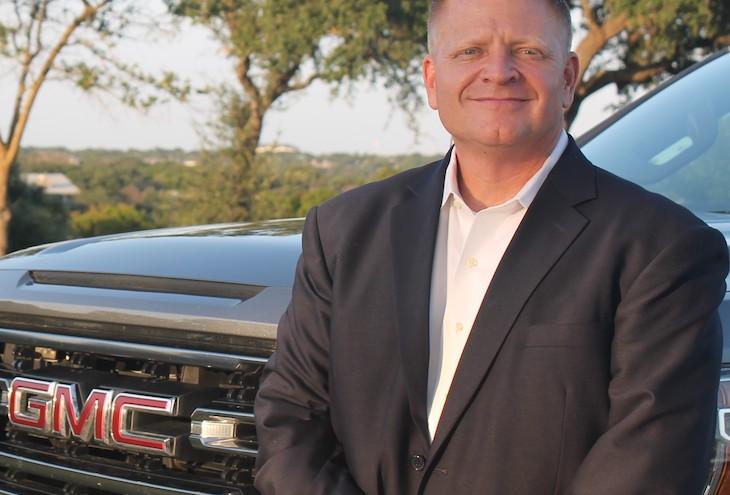When Tobin Beal was living in China and working as the CIO for General Motors (GM), he had an extraordinarily long to-do list. Among many other tasks, Beal was charged with developing information technology strategies and sales and marketing solutions to support the automaker’s success in a vital market and with its many joint venture partnerships with Chinese companies.
Surprisingly, one of the consistent requests Beal would get from his Chinese colleagues had nothing to do with IT. “The Chinese wanted me to teach their executives how to tell stories,” says Beal, Choctaw Nation, who is this year’s winner of the Executive Excellence Award. “That’s a skill most tribes have.”
Beal certainly has it, and the story he wants to tell after winning this award is one that has little to do with his own story and everything to do with young Native students. “What I want to put forward is that I see a world that has lots of roles and jobs and futures that I want to be as available to the youth of the nations as they have been to me,” he says. To be sure, having Beal as the storyteller may matter more than he would like to admit. In addition to his role in China, Beal’s career has included time as CIO of GM’s entire Asia operation and his work today helping to lead GM’s transition to electric vehicles — a task that he knows meshes with the long legacy of Native Americans living in harmony with the natural world.
Beal’s success at GM has put him in a position to be more than a champion of the importance of higher education to create better futures for Native students and communities. In fact, Beal recently conceived and launched an initiative to create partnerships between GM and tribes across North America. The goal of the partnerships is to expand mentoring and other connections that lead to more Native youth pursuing STEM and careers at GM.
But some changes make these possibilities more promising than ever before. In the early days of his career, Beal would talk to young Choctaw students and encourage them to attend college. It was challenging. “Tribes have a sense of family, and if you venture out you are stepping away from your obligation to elders and your community,” he says. “I was trying to convince people to go to college, have fun, and learn, and that it’s good for their individual development. But the concept of putting yourself above your community and family is heresy.”
These days, though, the nature of work and where people can do their jobs increasingly allows for opportunities anywhere — as long as people have the right skills. In Beal’s realm of IT, it really doesn’t matter if a skilled coder works in an office in Texas or Detroit or the place they have always lived. “That opens up the ability to drive GDP back into our tribes,” he says.
This is exactly the future Beal wants to help create. “In my long-term vision, I would like to see over the next four to six years that we create a center of gravity in the nations where someone in high school sees a young Choctaw woman driving a nice car, taking care of her family, and being a part of the community while working for GM or some other company,” he says. “And I want that high school student to approach her and ask, ‘what do you do?’ and ‘how can I do that?’”












